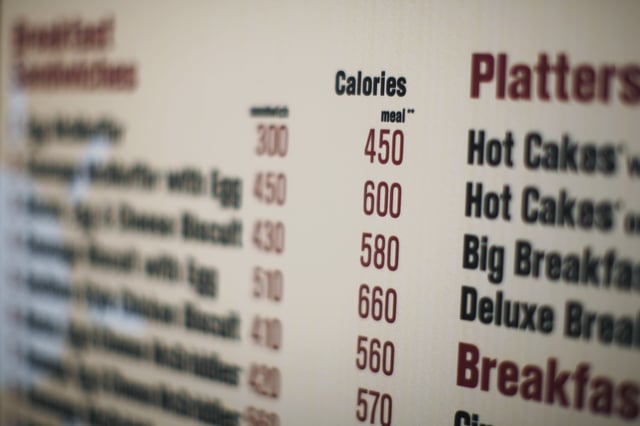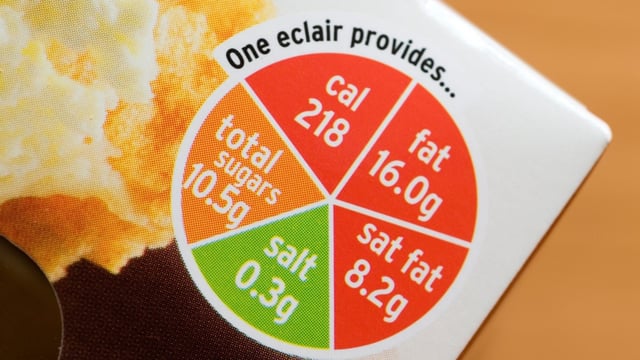Overview
- A Cochrane review of 25 studies found that calorie labeling on menus and food packaging leads to an average reduction of 11 calories per meal, equivalent to 1.8% fewer calories selected.
- Researchers suggest that while the individual impact is modest, the cumulative effect at a population level could contribute to public health improvements.
- Critics argue that the policy imposes significant costs on businesses with minimal proven benefits, urging governments to reconsider its implementation.
- Health experts remain divided, with some emphasizing the potential for small changes to add up over time, while others question the long-term impact on obesity rates.
- There is insufficient evidence on the effect of calorie labeling on alcohol consumption, and further high-quality studies are needed to assess broader systemic impacts.


